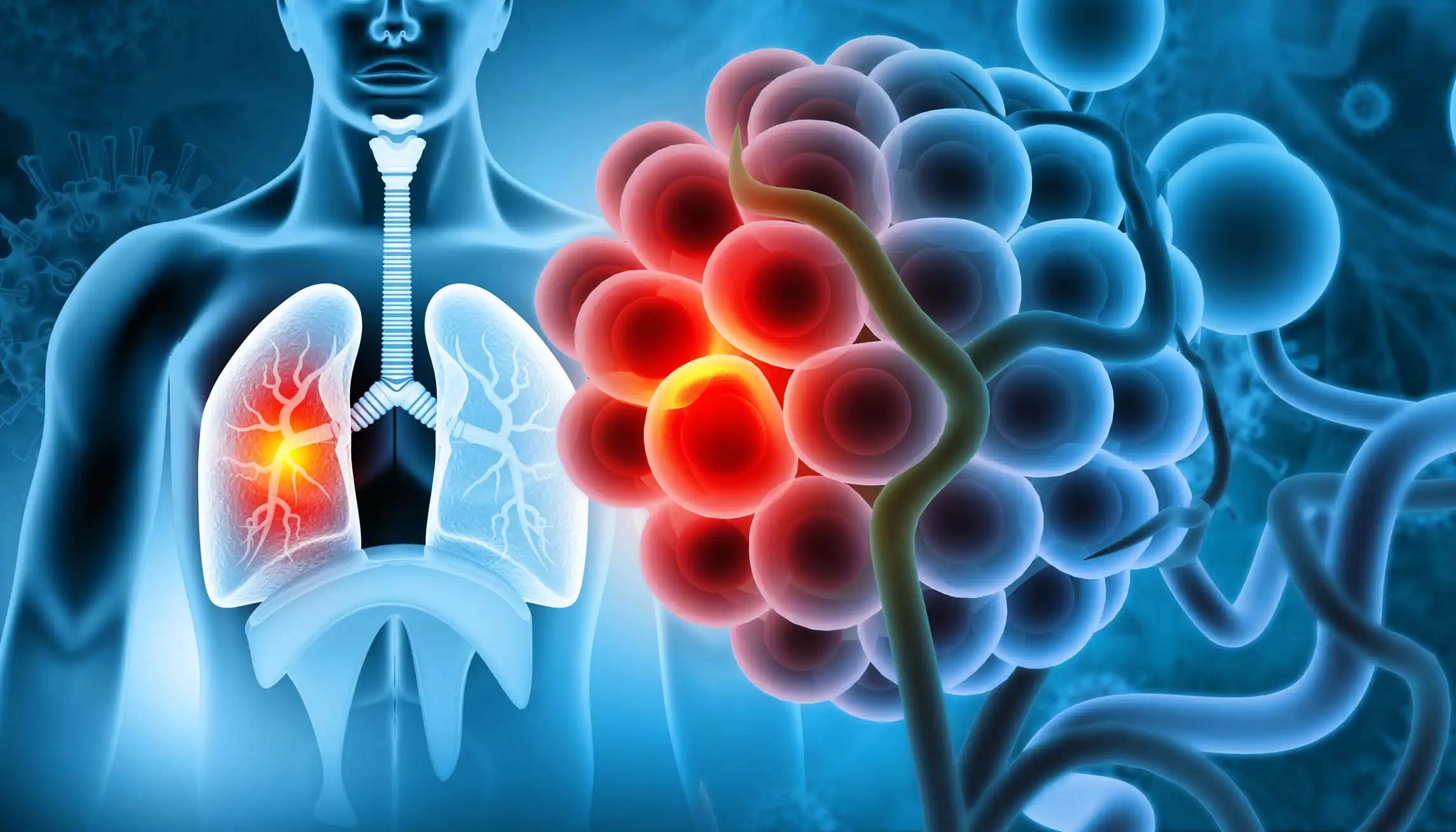KEY TAKEAWAYS
- The study aimed to predict LC recurrence using preoperative CT scans in high-risk pts, guiding treatment strategies.
- Researchers found that the trained model aids clinicians by pinpointing high-risk lung regions, enhancing LC detection and clinical management.
Radical surgery is considered the primary treatment for early-stage resectable lung cancer (LC), yet recurrence after curative surgery is not rare. Identifying patients (pts) at high risk of recurrence using preoperative computed tomography (CT) images may enable more aggressive surgical approaches, shorter surveillance intervals, and intensified adjuvant treatments.
Jihwan Park and the team aimed to predict LC recurrence using preoperative CT scans in high-risk pts for guided aggressive surgical approaches and intensified post-surgery treatments.
Researchers retrieved anonymized imaging and clinical data from an institutional database, focusing on pts who underwent curative pulmonary resections for non-small cell lung cancers (NSCLCs).
They used the Mask Region-based Convolutional Neural Network (MRCNN)- a deep learning model, for the prediction of cancer locations and assignment of recurrence classification scores.
To find optimally trained weighted model values, preprocessing Python codes were developed, the dynamic learning rate was adjusted, and a hyperparameter was added to the model was modified.
The study conducted classifications after training the model using the validation dataset. The evaluation yielded performance metrics: bounding box (0.390), classification (0.034), mask (0.266), Region Proposal Network (RPN) bounding box (0.341), and RPN classification (0.054). These metrics demonstrated the model’s capability to identify LC recurrence sites accurately.
Subsequently, the identified recurrence sites were precisely mapped onto chest CT images, effectively highlighting areas of primary concern. This approach enhanced the ability to target surveillance and device treatment methods for early-stage resectable pts with LC at high risk of recurrence.
The results concluded that the trained model allowed physicians to focus on specific lung regions where cancer recurrence was more likely expected, which acted as a pivotal tool in aiding the detection and diagnosis of LC. Serving as a clinical decision support system, it offered substantial support in managing pts with LC.
The study was financially supported by the Catholic Medical Center Research Foundation made in the program year of 2020 in the form of a grant to MHM [5-2020-B0001-00262].
Source: https://pubmed.ncbi.nlm.nih.gov/38995927/
Park J, Rho MJ and Moon MH, (2024). “Enhanced deep learning model for precise nodule localization and recurrence risk prediction following curative-intent surgery for lung cancer.” PLoS One. 2024 Jul 12;19(7):e0300442. doi: 10.1371/journal.pone.0300442. PMID: 38995927; PMCID: PMC11244817.



